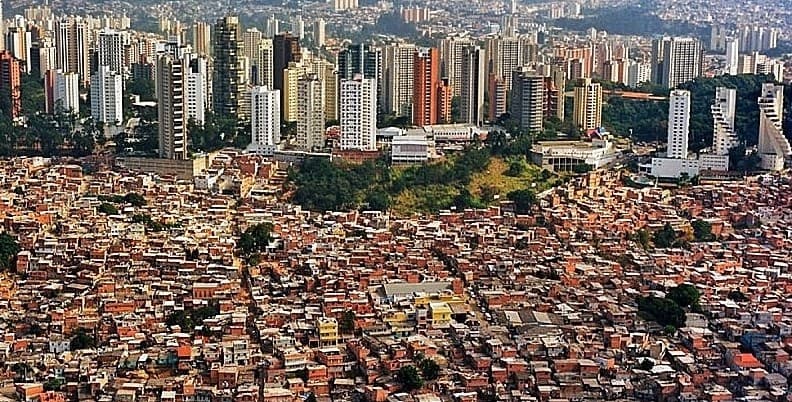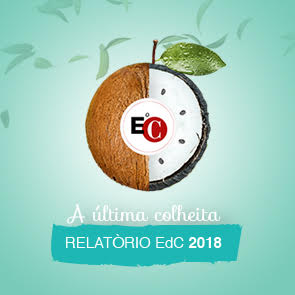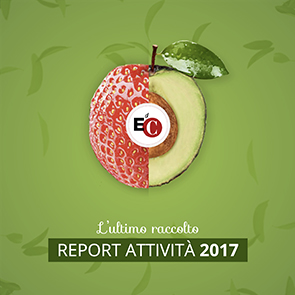O primeiro motivo do nascimento e da existência da Economia de Comunhão é a pobreza: De fato, a EdC nasce como tentativa de resposta aos enormes contrastes econômicos e às desigualdades que caracterizam a sociedade contemporânea, com o objetivo de torná-la mais justa e fraterna.
A EdC não pretende eliminar a pobreza tal como ela é, mas antes combater a “miséria”, palavra que descreve a forma de pobreza “sofrida” ainda por milhões de pessoas no mundo, através da valorização de uma outra forma de pobreza, a “escolhida” por empresários, consumidores, cidadãos… que decidem renunciar a algo de próprio, usar os bens de maneira sóbria, escolhê-los responsavelmente, no conceito que “os bens […] tornam-se […] estradas de felicidade somente se forem compartilhados com os outros” (Bruni 2004)
Nesta perspectiva, a miséria, proveniente da falta de bens materiais, e a possibilidade de uma sua resolução, estão estritamente ligadas à promoção de uma série de outras condições (a educação, a saúde, o trabalho, uma casa…) que fazem com que um ser humano “floresça”.
Entre estas condições destaca-se, especialmente, a qualidade dos relacionamentos que se vivem: de fato, as relações na visão da EdC são entendidas como um capital fundamental para o desenvolvimento humano.
Esta ideia implica ainda um modo original de pensar nas estratégias de combate à miséria, atuadas nos projetos que a EdC apoia e promove: esses são delineados para evitar a instauração de formas de ajudas assimétricas, - como muitas vezes aconteceu na história – nas quais tem alguém que tem e que dá a alguém que não tem, marcando um estado de inferioridade e alimentando, normalmente, dinâmicas de dependência.
As estratégias de combate à pobreza atuadas pela EdC, procuram, acima de tudo, valorizar dinâmicas de reciprocidade, onde alguém pode oferecer a riqueza da qual é portador, colocando todos no mesmo nível de igual dignidade: irmão, membros de uma mesma família.












